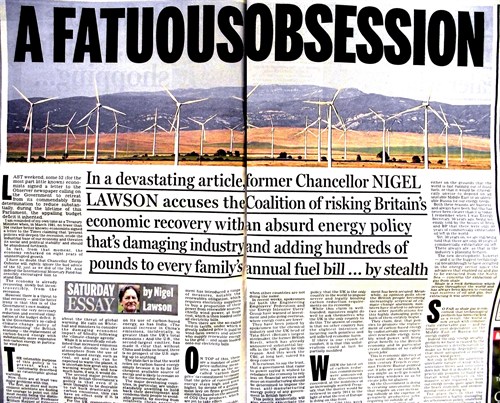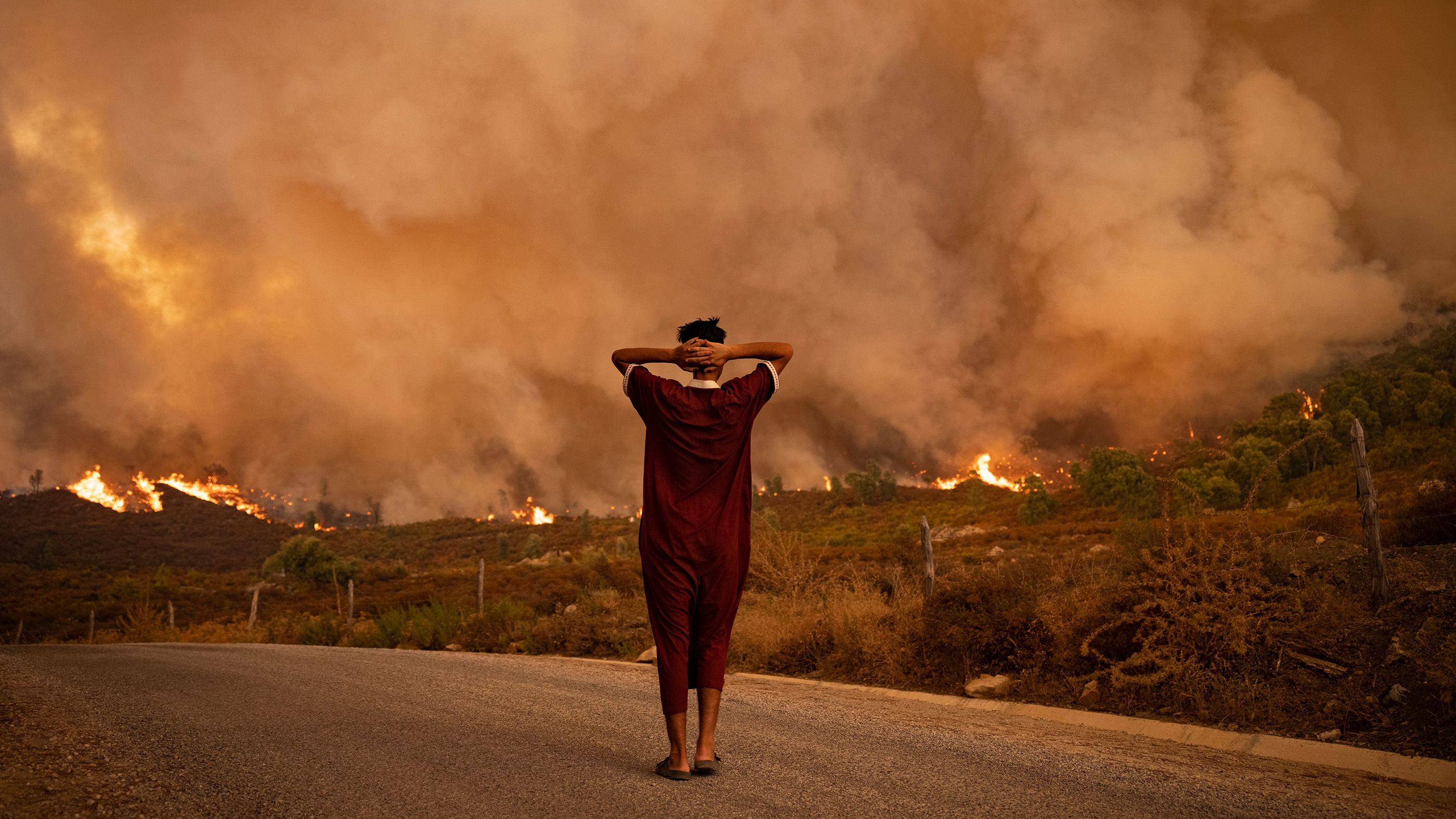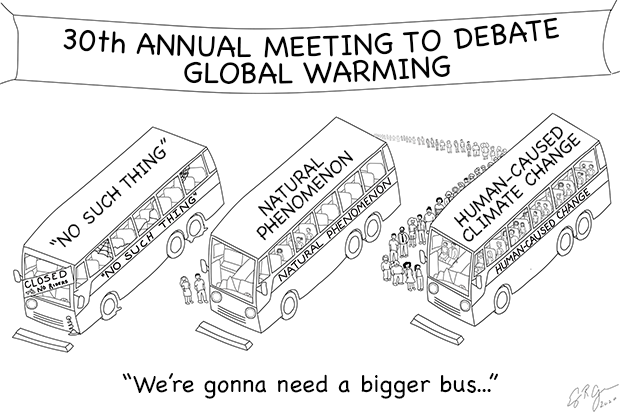Global warming is a term used to describe the long-term trend of rising average global temperatures, primarily caused by the increasing levels of greenhouse gases in the Earth's atmosphere. These gases, such as carbon dioxide, methane, and water vapor, trap heat from the sun and warm the Earth's surface, a process known as the greenhouse effect. While the greenhouse effect is a natural occurrence that has helped to keep the Earth's temperature stable, the increasing levels of greenhouse gases caused by human activity, such as the burning of fossil fuels and deforestation, are causing the Earth's temperature to rise at an alarming rate.
The impacts of global warming are already being felt around the world, with more frequent heatwaves, storms, and natural disasters such as hurricanes and wildfires. As the Earth's temperature continues to rise, these impacts are likely to become more severe, with devastating consequences for people, ecosystems, and the planet as a whole.
One of the most significant impacts of global warming is the melting of the Earth's polar ice caps, which is causing sea levels to rise. As the ice caps melt, the water flows into the oceans, causing sea levels to rise and flooding coastal areas. This not only affects the people living in these areas, but also has significant consequences for the ecosystems and wildlife that depend on these environments.
Another impact of global warming is the changing of weather patterns, which can lead to more extreme weather events such as heatwaves, droughts, and storms. These events can have a significant impact on agriculture, as well as on people's health and well-being. The increasing frequency and intensity of these events is also having a major impact on ecosystems and biodiversity, as many species are unable to adapt to the rapid changes in their environment.
One of the most effective ways to address global warming is to reduce our reliance on fossil fuels and transition to renewable energy sources such as solar and wind power. This requires a concerted effort from governments, businesses, and individuals to invest in clean energy technologies and to adopt more sustainable practices. While the transition to a low-carbon economy will require significant changes, the long-term benefits for people, the environment, and the planet will be worth the effort.
In conclusion, global warming is a serious and urgent issue that requires immediate action. The impacts of rising average global temperatures are already being felt around the world, and will only become more severe if we fail to address this issue. By reducing our reliance on fossil fuels and transitioning to clean energy sources, we can help to mitigate the impacts of global warming and protect the planet for future generations.








